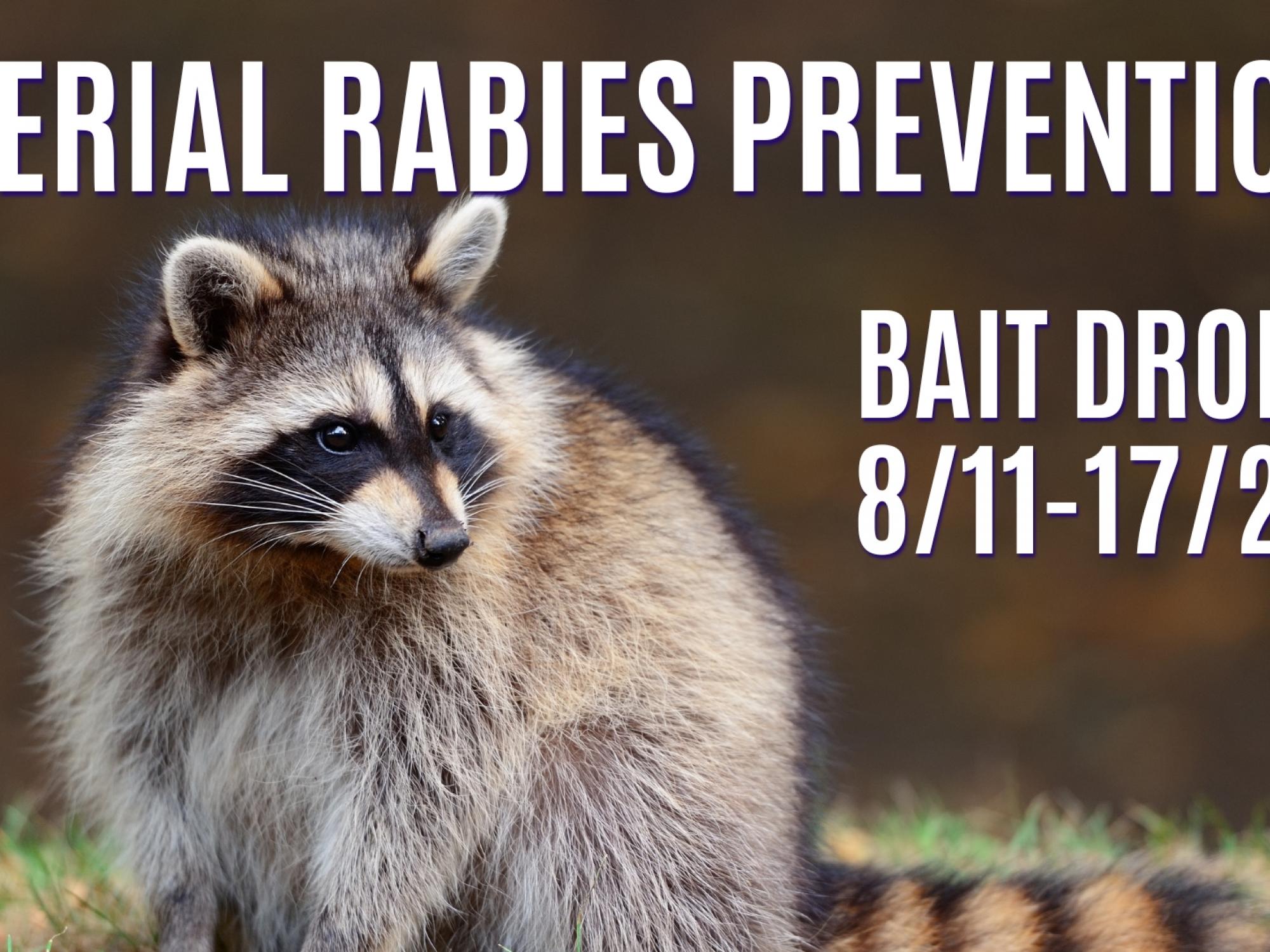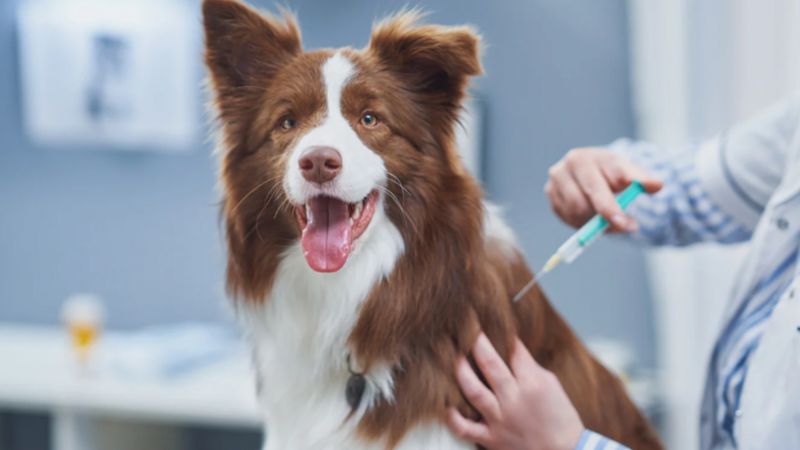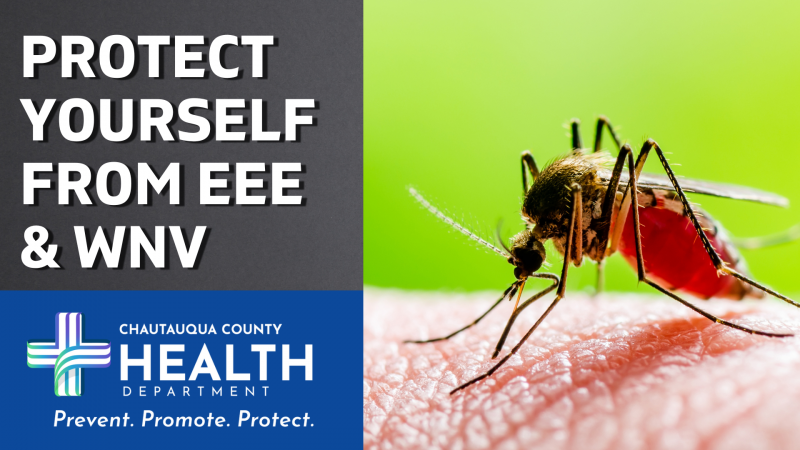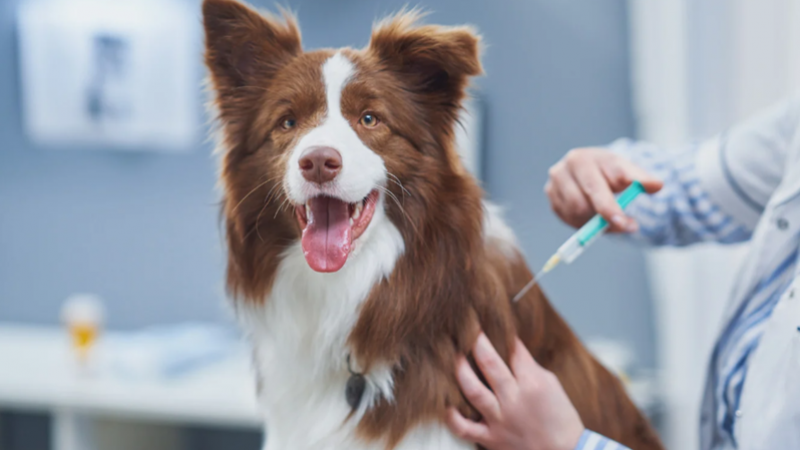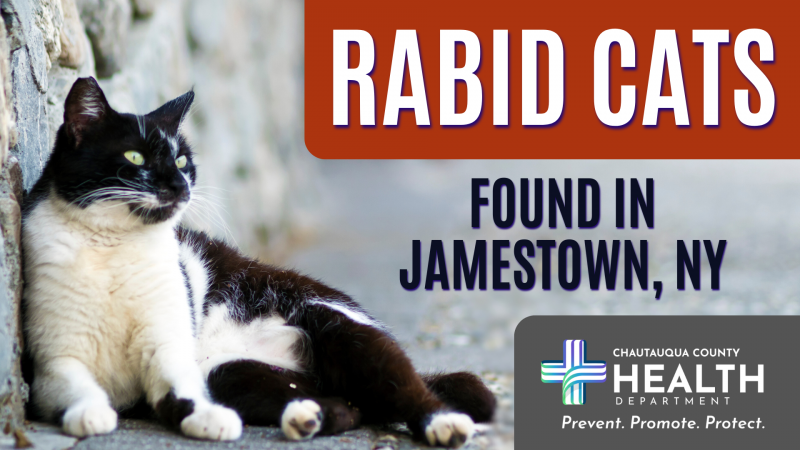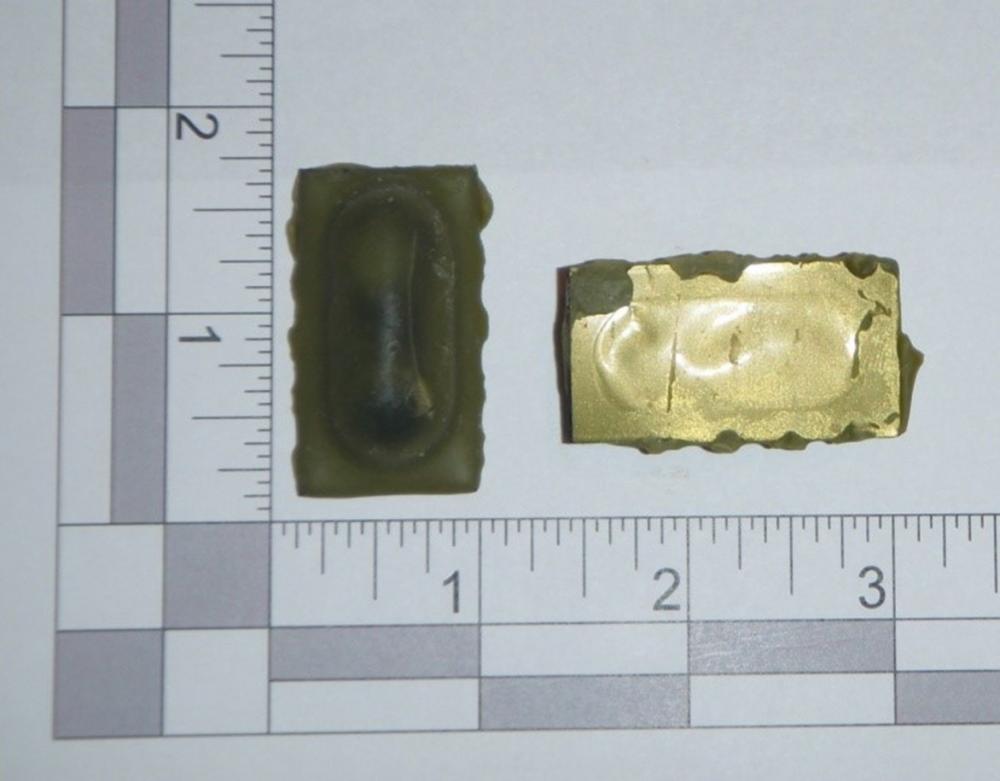
(Image of ONRAB “Ultralite” Bait)
MAYVILLE, NY – A rabies prevention campaign will kick off in Western New York including areas of northern Chautauqua County the week of August 11-17. Small baits containing rabies vaccine will be deployed from fixed wing planes.
The strategy, overseen by the U.S. Department of Agriculture, is part of a nationally coordinated effort to stop the spread of raccoon rabies in the continental United States.
Ongoing field evaluation of a new Oral Rabies Vaccine (ORV) called ONRAB will take place starting next Sunday, August 11 with aerial and hand distribution of baits in Western New York. Chautauqua County will only receive baits from fixed wing aircraft, baits will not be distributed by hand in Chautauqua County.
Depending on weather, and other scheduling factors, distribution in Chautauqua County will continue through Saturday, August 17. The baits will be dropped in northern areas of the count only, including areas in the Village of Brocton and the Towns of Portland, Arkwright, and Villenova.
“Humans and pets cannot get rabies from contact with the bait. However, people who encounter baits directly are asked to leave them alone,” explained Jessica Wuerstle, Chautauqua County’s Director of Environmental Health. “If you do have contact with a bait, immediately rinse the contact area with warm water and soap. If your pet finds a bait and tries to eat it, you do not need to worry, the bait will not harm your pet.”
The ONRAB bait consists of a Polyvinyl Chloride (PVC) blister pack, containing the vaccine. To make the baits attractive, the blister packs are coated with a sweet substance that includes vegetable-based fats, wax, icing sugar, vegetable oil, artificial marshmallow flavor and dark-green food-grade dye. The baits are designed to be appealing to wildlife so animals will eat the bait and puncture the blister pack, thus exposing them to the vaccine inside.
“Residents, particularly outdoor enthusiasts must remember that animal rabies is a serious public health concern and although it is not common, rabies continues to be present in Chautauqua County,” furthered Wuerstle. “Raccoons and other animals should be avoided when encountered. Additionally, it is important to vaccinate pets, including barn cats and dogs, to reduce the potential spread of the virus and protect community members.”
Animals infected with rabies may display a variety of symptoms. Some animals may become aggressive and attack with no provocation. Other rabid animals may appear tame or docile. Well-meaning animal lovers may be tempted to catch and help the animals.
However, when people take in wild or feral animals they create a real danger to themselves and their family, particularly children. It is illegal and dangerous to relocate or harbor wild animals. An entire family may need to be treated for rabies exposure after an animal has been brought home.
If you have to handle a wild animal, such as a bat, the Chautauqua County Health Department recommends you wear thick, puncture resistant gloves and protective layers to prevent bites and scratches that may expose you to rabies virus and other health concerns.
Rabies is a serious public health concern because if left untreated it is fatal. Costs associated with detection, prevention and control of rabies conservatively exceed $500 million dollars annually.
According to the Centers for Disease Control and Prevention, greater than 90 percent of reported rabies cases in the United States are in wildlife. The cooperative USDA, APHIS, Wildlife Services, National Rabies Management Program (NRMP) was established in 1997 to prevent the spread of wildlife rabies in the U.S. by containing and eventually eliminating the virus in terrestrial mammals.
The majority of efforts are focused on controlling raccoon rabies, which continues to account for most of the reported wildlife rabies cases in the U.S. Raccoon rabies occurs in all states east of the established ORV zone, which extends from Maine to northeastern Ohio to central Alabama.
Visit the USDA website at www.aphis.usda.gov/national-wildlife-programs/rabies for a link to the ORV Daily Status Dashboard for a current map of bait drop areas throughout the U.S. and to learn more about the National Rabies Management Program.
If you have additional questions about the program please contact USDA Wildlife Services at 1-866-4USDA-WS (1-866-487-3297). Chautauqua County’s Environmental Health Division can be contacted at (716) 753-4481 with County specific questions.
About Chautauqua County Health Department - The Chautauqua County Health Department is the leading Public Health organization in Chautauqua County dedicated to the support of the community’s health. The Health Department takes innovative approaches to provide technical assistance to partner organizations, and offers various programs and services in order to help prevent disease, protect the public’s health and promote our community’s overall health and wellness. For more information visit www.HealthyCHQ.com.

